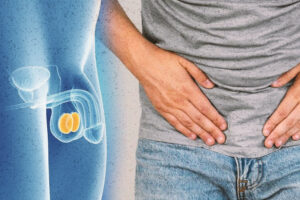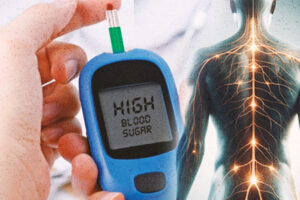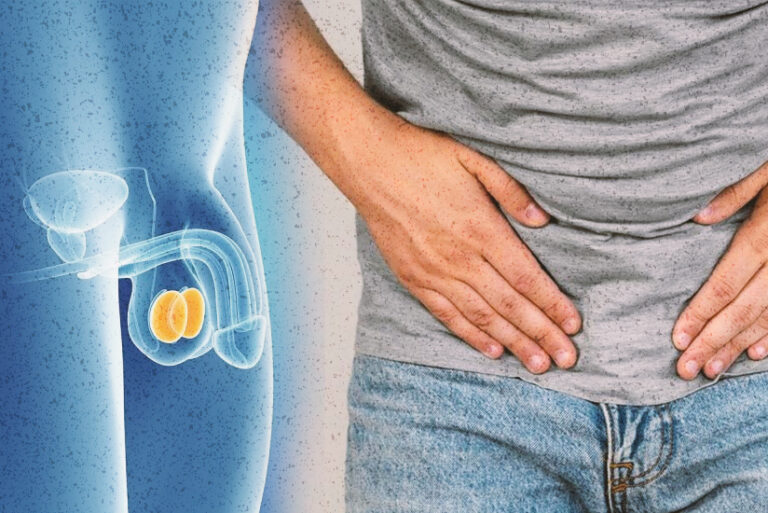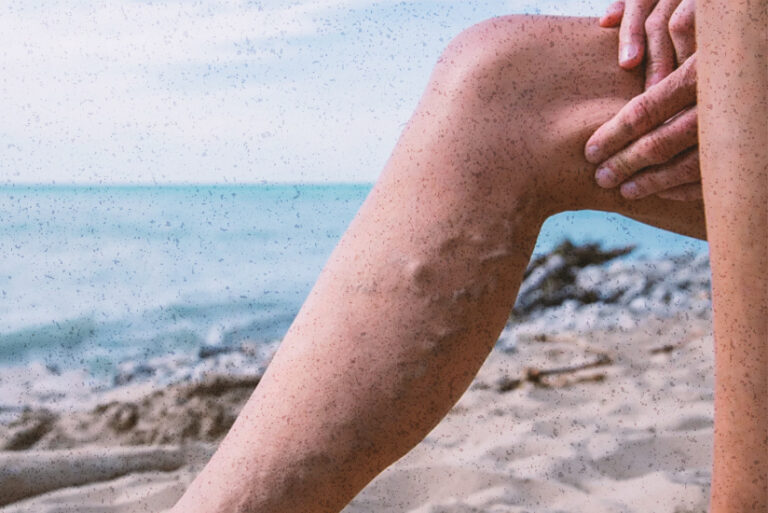Text and Photos by Evangeline T. Capuno
It seems unbelievable that the bitter seeds of a pod can be turned into a delectable chocolate.
The history of chocolate started 4,000 years ago in ancient Mesoamerica (now known as Mexico). This was where cacao plants were first cultivated. The Olmec, one of the earliest civilizations in Latin America, drank their chocolate during rituals and used it as medicine.
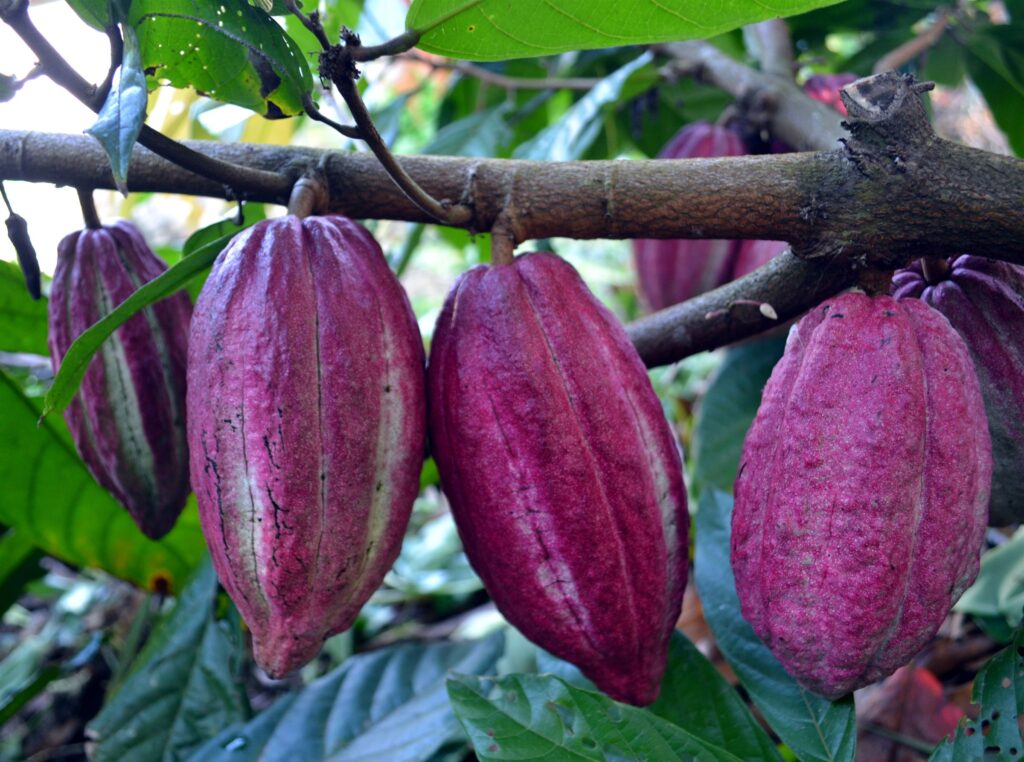
It was explorer Hernan Cortes who brought chocolate to Spain in 1528. Served as a drink, Spanish chocolate was mixed with sugar and honey to sweeten the naturally bitter taste.
In 1828, the invention of the chocolate press revolutionized chocolate making. An innovative device developed by Dutch chemist Coenraad Johannes van Houten was able to squeeze cocoa butter from roasted cacao beans, leaving a fine cacao powder behind.
The powder was mixed with water and poured into a mould, where it solidified into an edible bar of chocolate. This innovation opened the door for chocolate to be mass-produced.
During the 19th century, chocolate had come a long way, but it was still hard and difficult to chew. A Swiss chocolatier named Rudolf Lindt invented a conch machine which mixed and aerated chocolate “giving it a smooth, melt-in-your-mouth consistency that blended well with other ingredients.”
Today, chocolate is a billion-dollar business. “Most modern chocolate is highly-refined and mass-produced, although some chocolatiers still make their chocolate creations by hand and keep the ingredients as pure as possible,” history.com reports. “Chocolate is available to drink but is more often enjoyed as an edible confection or in desserts and baked goods.”
Chemically speaking, “chocolate really is the world’s perfect food,” to quote the words of Michael Levine, the author of The Emperors of Chocolate. As Geronimo Piperni puts it: “Chocolate is a divine, celestial drink, the sweat of the stars, the vital seed, divine nectar, the drink of the gods, panacea and universal medicine.”
Studies on the health benefits of chocolate
Chocolate has recently been included in the A-list of antioxidants – up there with soybeans and green tea. Antioxidants, or flavanols, help protect the body from damage caused by pollution, pesticides, smoking, and processed foods.
“Chocolate and health do not seem to fit together but it is a very interesting proposition: if I can eat something I like and it is good for me, that is great,” said Hans Vriens, chief innovation officer of Barry Callebaut, which conducted a study. “Chocolate is probably at the bottom of the list when you think about making food healthier.”
But eating dark chocolate every day for 10 years could reduce the likelihood of heart attacks and strokes in some high-risk patients. A team of researchers from Australia used a mathematical model to predict the long-term health impact of daily dark chocolate consumption in 2,013 people with a condition known as metabolic syndrome, which puts them at high risk of heart disease.
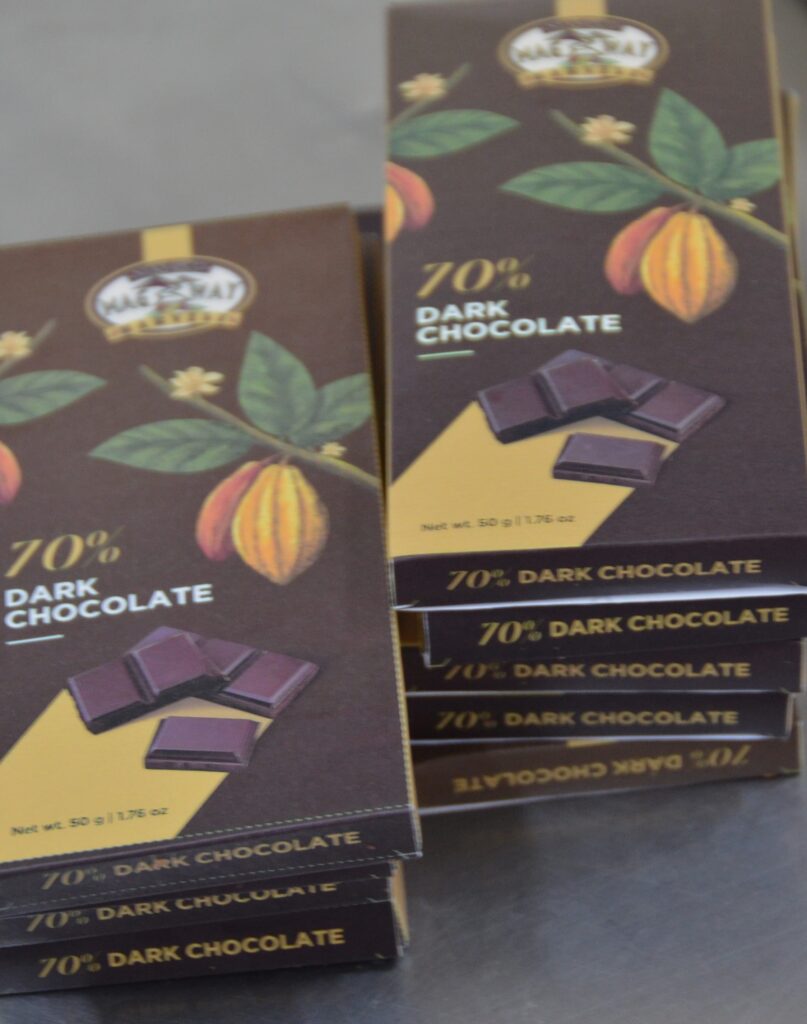
The team found that in the best case scenario – with no patient missing any daily portions – the treatment could potentially avert 70 non-fatal and 15 fatal heart attacks or strokes per 10,000 people over 10 years.
The study was published in the British Medical Journal. The researchers, however, stressed the protective effects have only been shown for dark chocolate containing at least 60 to 70 percent cocoa—not for milk or white chocolate. This is probably due to higher levels of flavonoids in dark chocolate.
But experts not involved in the study urged caution. “Recommendations for daily consumption of dark chocolate… will certainly get people with metabolic syndrome excited, but at this point these findings are more hypothetical than proven, and the results need real-life data to confirm,” said Dr. Kenneth Ong at the Brooklyn Hospital Center in the United States.
Eating a daily dose of cocoa or dark chocolate may also do wonders for your blood pressure. Pulling data from 20 studies published over the last decade, researchers found that people who ate flavonol-rich cocoa products every day for a few weeks saw their blood pressure drop by about two or three points.
That’s far less than the reduction people taking blood pressure lowering medication could expect, but it’s on par with the effects of adding diet changes or exercise to their routine, according to the researchers.
According to the American Heart Association, a person’s systolic blood pressure (the top number) should be less than 120 millimeters of mercury (mm Hg), and their diastolic blood pressure (the bottom number) should be less than 80 mm Hg.
The 20 studies included in the review followed people who were generally healthy, for two to 18 weeks. Of 856 participants, 429 ate between 3 grams (g) and 100 g of dark chocolate or cocoa that contained anywhere from 30 milligrams (mg) to 1080 mg of flavanols, daily. The other 427 people were put in comparison groups that consumed low-flavanol cocoa powder or products that did not contain any flavanols.
At the end of the studies, those who ate the flavonol-rich dark chocolate or cocoa product saw their systolic blood pressure fall by roughly 2.8 mm Hg while their diastolic fell by 2.2 mm Hg.
Dr. Elizabeth Jackson, a cardiologist and assistant professor of medicine at the University of Michigan Health Systems in Ann Arbor, cautioned hypertensive individuals not to stop exercising in favor of chocolate.
“If I had to choose between cocoa and exercise, I would take the exercise,” said Jackson, who was not involved in the study. “To me this says a little bit of dark chocolate isn’t too bad, but you wouldn’t want to go overboard with the calories and eat a pound of chocolate.”
Avoid chocolates in the following conditions
But chocolates are not for all. People having headaches are advised not to eat chocolates. The reason: chocolates contain tyramine, a chief suspect in causing headaches. However, many young people outgrow this chemical reaction. “The body appears to build up a tolerance,” says Dr. Seymour Diamond, who has co-written several books on headaches.
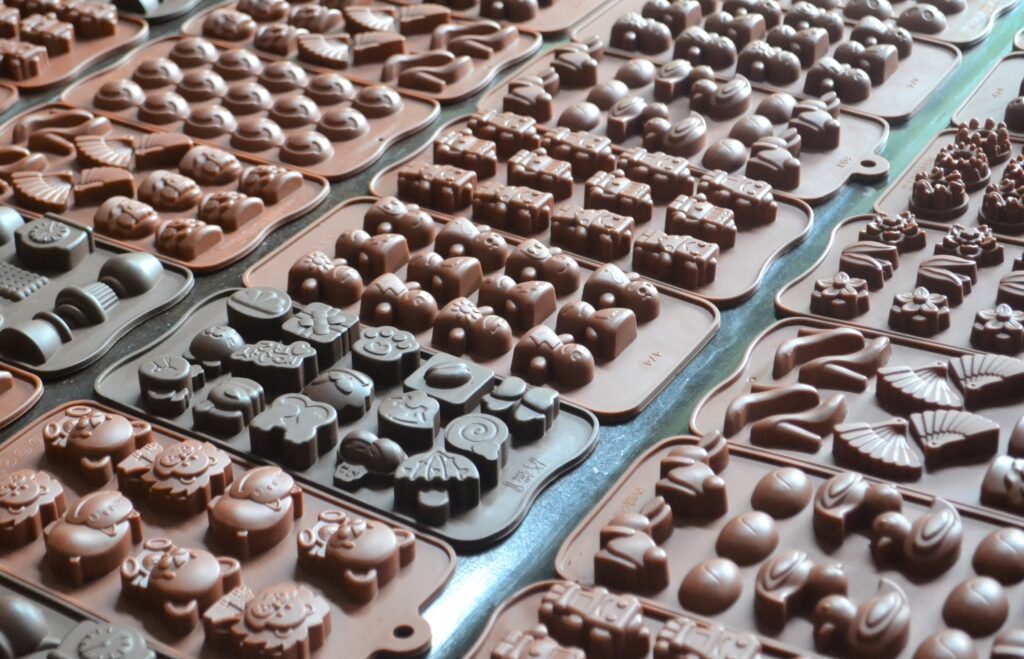
If you have heartburn, you should avoid eating chocolates, too. The sweet confection deals heartburn sufferers a double whammy. It is nearly all fat and it contains caffeine (which may irritate an already inflamed esophagus).
As a stimulant, chocolate has been cited as one of the causes of sleeplessness. This is the reason why insomniacs should not eat chocolate before going to bed. But for those who are just married, who cares about sleeping?
“If you are not feeling well, if you have not slept, chocolate will revive you. But you have no chocolate! I think of that again and again! My dear, how will you ever manage?” French writer Marquise de Sévigné penned. – ###


